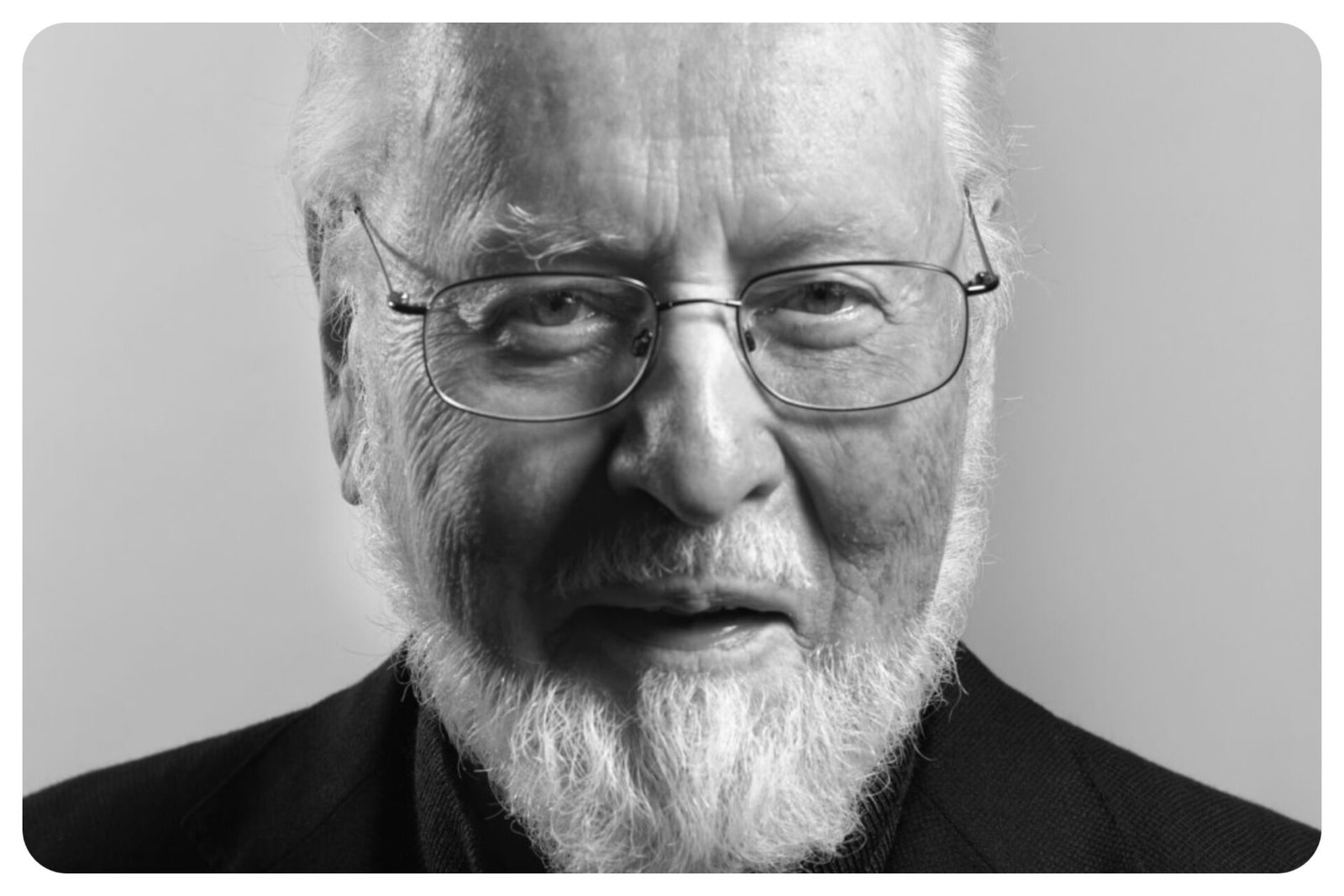93-Year-Old Titan Who Wrote ‘Star Wars’ Says Film Music Is Second-Rate
John Williams may have written the most recognizable movie themes in history — Star Wars, Jaws, Jurassic Park, E.T. — but the legendary composer isn’t convinced his life’s work belongs in the same league as the classical canon.
‘Just a Job,’ Not High Art
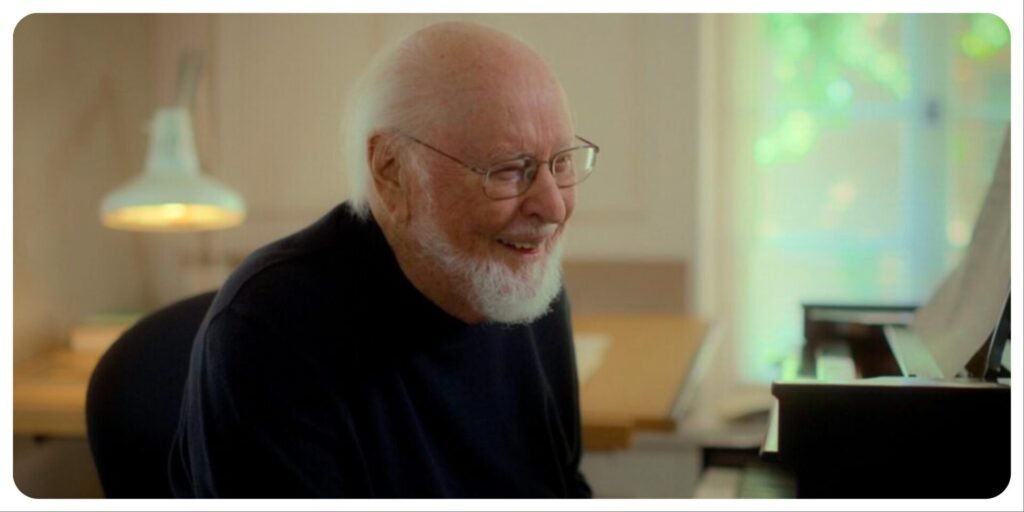
In a rare interview for the forthcoming biography John Williams: A Composer’s Life (Oxford University Press, September), the 93-year-old Oscar-winner (and all-round cinematic legend) admits to a long-held ambivalence about the very medium he helped define.
“I never liked film music very much,” Williams said to The Gaurdian’s Dalya Alberge, “Film music, however good it can be — and it usually isn’t, other than maybe an eight-minute stretch here and there … I just think the music isn’t there. What we think of as this precious great film music … we’re remembering it in some kind of nostalgic way. Just the idea that film music has the same place in the concert hall as the best music in the canon is a mistaken notion, I think.”
Williams — the most nominated living person in Academy Awards history with 54 nods and five wins — described his scores as purely functional. “The film thing was a job to do, or an opportunity to accept,” he told author Tim Greiving. He even wishes he had found a way to make his film and concert music “more unified” over the years.
A Self-Critique That Surprised His Biographer
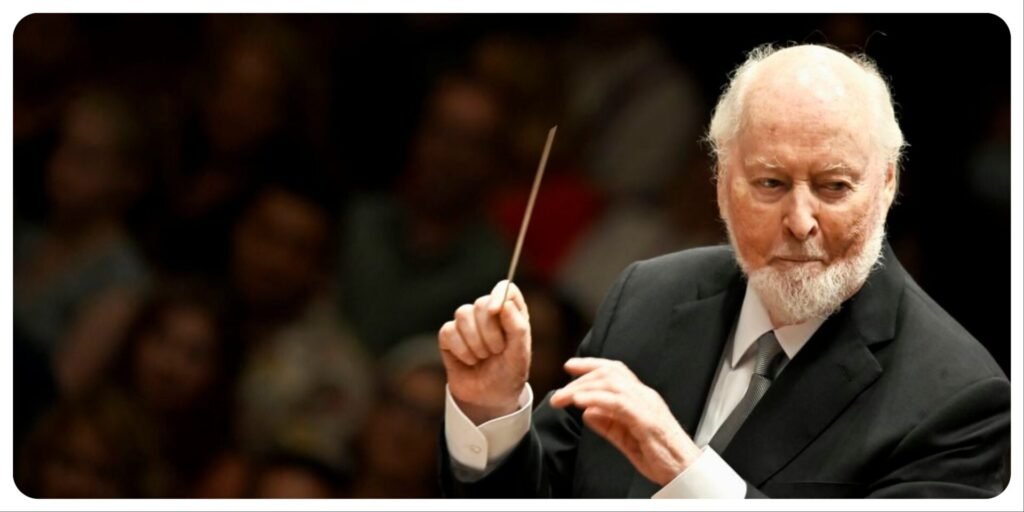
Greiving says Williams’ bluntness isn’t false modesty. “He clearly took the job of composing music for films as seriously as anyone in history ever has,” Greiving told The Guardian. “But he has this internalized prejudice against film music. Typically it’s written faster and more economically than concert music. Yet Williams perfected the art of film scoring. He took it to its greatest heights.”
Spielberg, Symphonies, and a Late-Career Twist
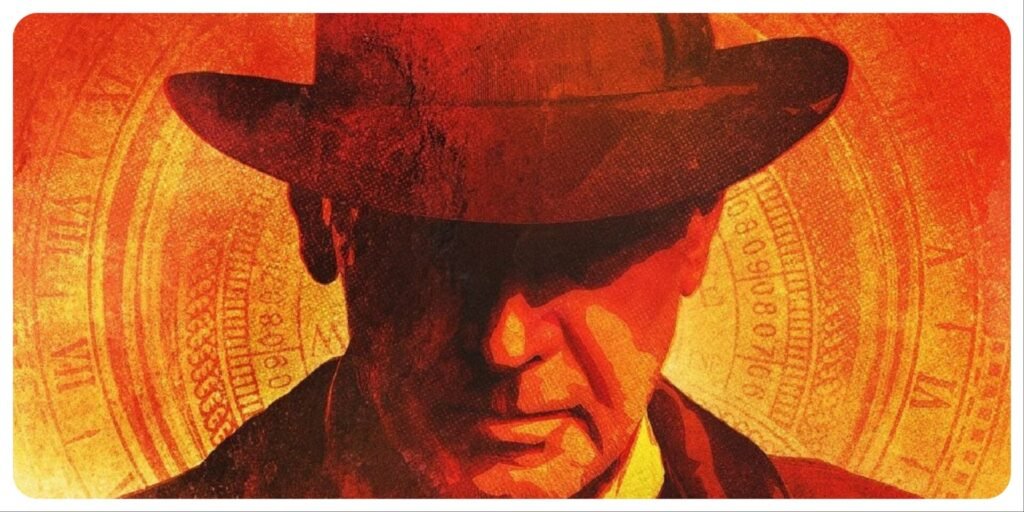
Williams’ career spans more than a hundred films, including Indiana Jones, Schindler’s List and the first three Harry Potter entries. His collaborations with Steven Spielberg remain among the most iconic in cinema history — from the five-note motif of Close Encounters of the Third Kind to the mournful violin solos in Saving Private Ryan. Williams calls Spielberg “more musically educated than most of the directors that I’ve worked with … He grew up with his mother who played Clementi and Bach and Chopin, and she took him to concerts. He’s very musical.”
Away from Hollywood, Williams has composed concert works, concerti and fanfares, and served as music director of the Boston Pops Orchestra for over a decade — an experience that solidified his standing in the classical world.
This fall, a new project will bridge the gap between his concert ambitions and his Hollywood output. John Williams Reimagined — featuring fresh arrangements for flute, cello and piano — will premiere October 27 at Cadogan Hall in London, with an album to follow. “Pianist Simone Pedroni, flutist Sara Andon and cellist Cécilia Tsan have enhanced and elevated my music,” Williams said. “That brings me great joy.”
A Titan Who Won’t Slow Down
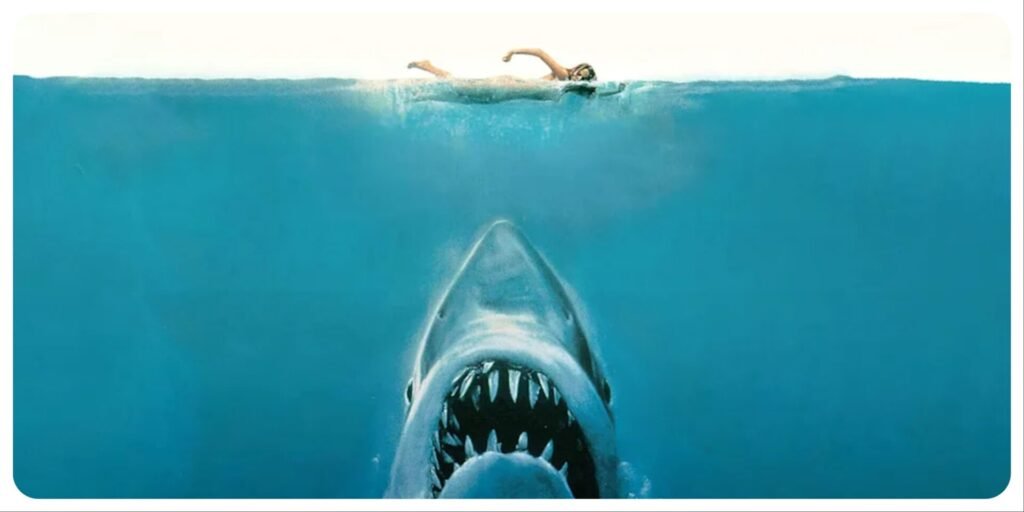
It’s funny to think the film giant would belittle his art so far as to call it “second-rate,”, but perhaps it’s the fact that he aimed to compete with Mozart and Beethoven rather than modern fim composers that lead him to such heights. It’ll be interesting to learn more about the man’s mind once John Williams: A Composer’s Life releases on the first of September. Drawn from more than 20 hours of interviews, the book traces Williams’ six-decade career, his collaborations with Spielberg, his frustrations with Hollywood directors, and his private self-criticism. Greiving says the composer’s dismissal of film music isn’t a passing comment but a deeply held view: even his most celebrated scores were, to him, assignments rather than monuments.
